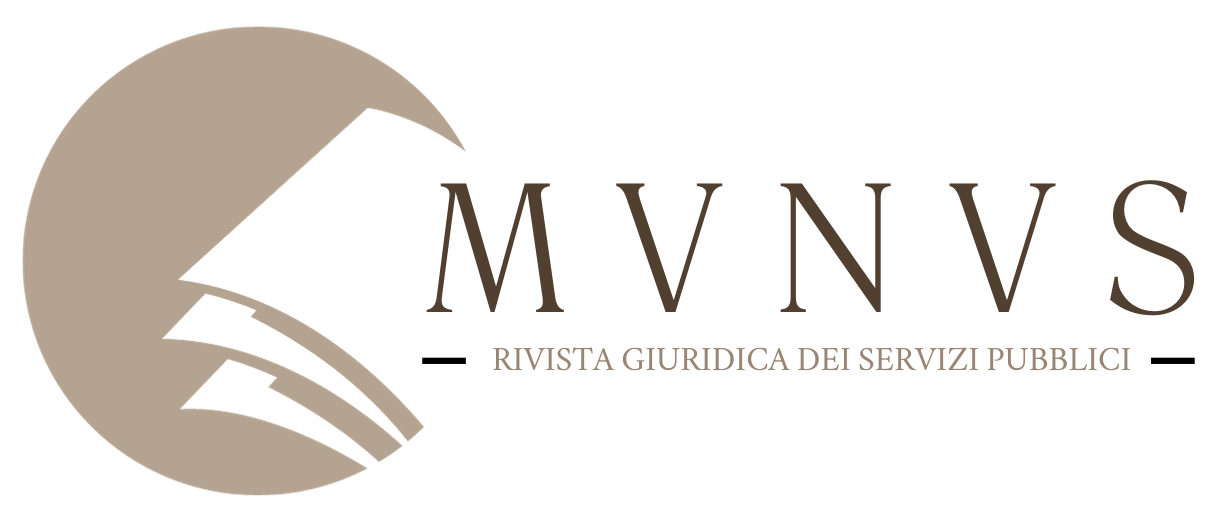Sommario:
1. Introduzione.
2. Le ricostruzioni dottrinali sulla nozione di controllo nel codice civile e nel TUSP.
3. Il confronto giurisprudenziale tra giudice contabile e giudice amministrativo sulla nozione di controllo pubblico.
4. Il controllo pubblico tra esigenze funzionali al rispetto di norme di finanza pubblica e ricadute attuative del TUSP.
Abstract:
This article focuses on the notion of “public control” and “company under public control” in the legislative decree no. 175/2016, “Testo Unico in materia di società a partecipazione pubblica” (TUSP). The exam of the plans of extraordinary revision ex art. 24 TUSP brought to the attention of the “Sezioni Regionali di Controllo (Regional Control Sections)” of the “Corte dei Conti (Italian Court of Auditors)” gave a number of heterogeneous and contrasting outcomes. The necessity to coordinate the notion of “public control” and “company under public control”, emerged in the “Rapporto sugli esiti della revisione straordinaria delle partecipazioni pubbliche (Report on the outcomes of the extraordinary revision of public shares)”, produced by the Economic and Finance Minister, where has been underlined that the lack of implementation and the delays under the profile of the TUSP application, are partly imputable to difficulties and a lack of sufficient clarity in the qualification of the above mentioned notions. The analysis of the case law, of legal scholarship, and of the decisions of other authorities as the “Struttura di monitoraggio (Monitoring Body)” of the Economic and Financial Minister and of the Anti-Corruption Authority (Anac), that contributed to the current debate, are fundamental to clarify the tendencies not only in the interpretation in the notion of “public control” and “company under public control”, but also under the more practical profile, with reference to the framework of economic and financial sustainability of public finances, and of the effectivity of the implementation of the norms of the reform introduced by the TUSP, provided that half of the provisions of “Testo Unico” are exclusively dealing with “companies under public control”.
